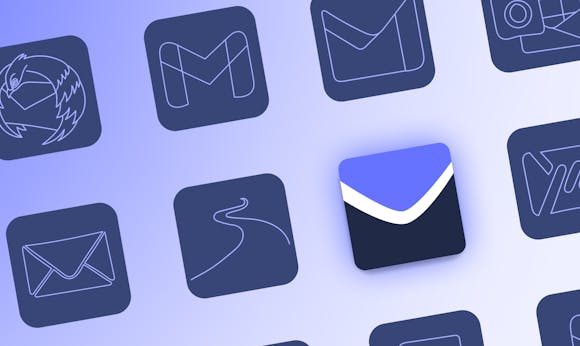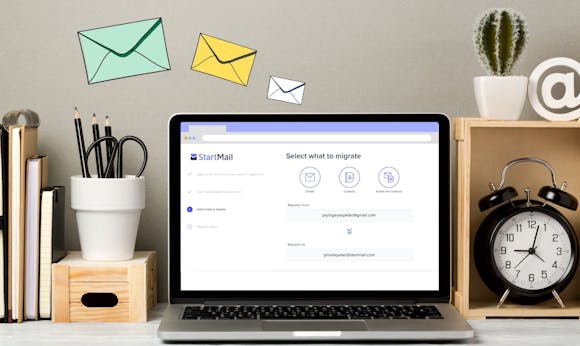
Three Things to Remember This Data Privacy Day
Privacy is a cornerstone of a free society and crucial for preserving our civil liberties. Yet, privacy often takes a backseat in public discourse, with many downplaying its importance. As we approach Data Privacy Day on January 28th it’s crucial to reflect on its significance. Let's delve into three key points to remember regarding our personal privacy.
1. Privacy: A Fundamental Right
Privacy is not a privilege; it's a fundamental right enshrined in numerous international treaties and agreements. It serves as a shield for our freedoms, dignity, and autonomy. However, the increasing intrusion into our privacy has reached alarming levels.
Tech giants like Amazon use devices like Alexa to monitor our daily activities, while services like Ring collect video data about us and our surroundings. Smart devices constantly record and share every aspect of our lives, including our location, behaviors, and habits. The use of facial recognition software is expanding rapidly. This situation opens up vast potential for misuse by both private companies and governments. This erosion of privacy normalizes surveillance, directly impacting our freedoms.
Every digital action we take, from our purchasing habits and political preferences to our search history and social media interactions, leaves a data trail that can be exploited to shape commercial and political strategies and manipulate public behavior. More often than not, we give up this data voluntarily for the convenience of personalized services, thereby unwittingly contributing to a surveillance state.
Upholding privacy as a fundamental right is crucial to prevent a culture of fear and self-censorship that could damage our democracies.
2. The Misconception: "I Have Nothing to Hide"
There is a prevailing misconception that only those with something to hide should worry about privacy. This notion has been perpetuated by individuals like former Google CEO Eric Schmidt, who once stated that if someone has something they do not want anyone to know, then perhaps they should not be doing it in the first place. This statement reinforces the idea that privacy is a right only needed by those who have something to hide, implying that individuals who are ‘good’ or ‘innocent’ have no reason to worry about surveillance. This dismisses the fundamental importance of privacy as a universal human need.
In reality, privacy is a crucial right for everyone, regardless of whether or not they have anything to hide. It is not about having something to hide; rather, it is about having the right to control what information others have access to and when they have access to it. This includes information about our personal lives, online activities, and private thoughts. Every individual has a fundamental right to protect their personal information and actions.
In a famous TED Talk, journalist Glenn Greenwald aptly pointed out that, even for those who claim not to value privacy, their actions speak otherwise: “Every single time somebody has said to me "I don't really worry about invasions of privacy because I don't have anything to hide." I say, "Here's my email address. What I want you to do when you get home is email me the passwords to all of your email accounts, not just the nice, respectable work one in your name, but all of them, because I want to be able to just troll through what it is you're doing online, read what I want to read and publish whatever I find interesting. After all, if you're not a bad person, if you're doing nothing wrong, you should have nothing to hide." Not a single person has taken me up on that offer.“
Privacy is not only for those who have something to hide. It is a fundamental human right that everyone should value and protect. We install locks on our bathroom doors, secure our email accounts with passwords, and pull the curtains shut at night for a reason. Everyone has the right to control their personal information and actions, and dismissing privacy as unimportant neglects this essential right that countless people worldwide living under oppressive regimes do not enjoy.
3. The Cost of "Free" Big Tech Services: You Become the Product
The business models of many big tech companies like Facebook, Instagram, Google etc., are designed to monetize user data. When you sign up for their free services, you agree to share a significant amount of personal information. This can include your demographic details, location, interests, search history, your behavior on their platforms and even off-platform activities.
These companies build sophisticated profiles about you, which they sell to advertisers. So, instead of paying for the service with money, you 'pay' by providing information about yourself. The expression if you're not paying, you're the product summarizes this dynamic. Your user data, once aggregated and analyzed, becomes extremely valuable for marketing purposes, helping advertisers to target their offerings very precisely to you and others like you. Many companies share the collected user data with other businesses for marketing, analytics, or research purposes. In essence, they're monetizing your privacy without offering you a cut of the profit.
It's important to be aware of this trade-off to make informed decisions about the services we sign up for. To retain more control over your privacy, consider using privacy-focused services instead of free ones provided by Big Tech companies. Privacy-focused services do not make their profits from selling your data. However, it's crucial to read the privacy policy of every service carefully to understand how your data is collected and used.
On this Data Privacy Day, let's commit to valuing and protecting our privacy and to foster a society where everyone's rights are respected. Privacy is crucial for maintaining an open society. So, let’s use this opportunity to spread the word about privacy, and remember that without it, we risk losing our freedom.
More from the blog


Why Choose StartMail? – Privacy Matters! | Secure & Ad-Free
Continue reading
6 Common Email Scams – Learn to Spot & Avoid Them
Continue reading
Switch to Secure Email – Migrate Easily! | Private & Encrypted
Continue reading